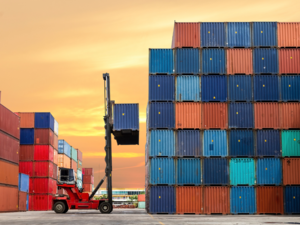 iStock
iStockRelated
Budget with ET
“This also signals deeper geopolitical tensions and trade war. We hope India-specific restrictions go away soon as they will also hurt China,” GTRI founder Ajay Srivastava said.
He added that while these measures impact India’s electronics, solar, and EV sectors, they are also harmful to China’s own manufacturing and exports.
Srivastava said India is particularly vulnerable to China’s export restrictions, as many of its industries depend on Chinese machinery, intermediate goods, and components. India's imports from China increased to $101.73 billion in FY24 from $98.5 billion in FY23. In 2020, India made it mandatory for countries sharing land borders with it to seek its approval for investments.
With US President-elect Donald Trump likely to introduce new tariffs on China, Beijing has imposed export curbs on critical minerals and high-tech equipment. In 2024, China’s merchandise exports reached $3.6 trillion, with a trade surplus of $992 billion. This highlights that despite the US efforts to reduce reliance on Chinese goods, China remains a key player in global supply chains, GTRI said.
(Catch all the Business News, Breaking News, Budget 2024 Events and Latest News Updates on The Economic Times.)
Subscribe to The Economic Times Prime and read the ET ePaper online.
Read More News on
(Catch all the Business News, Breaking News, Budget 2024 Events and Latest News Updates on The Economic Times.)
Subscribe to The Economic Times Prime and read the ET ePaper online.









































 Get Unlimited Access to The Economic Times
Get Unlimited Access to The Economic Times
